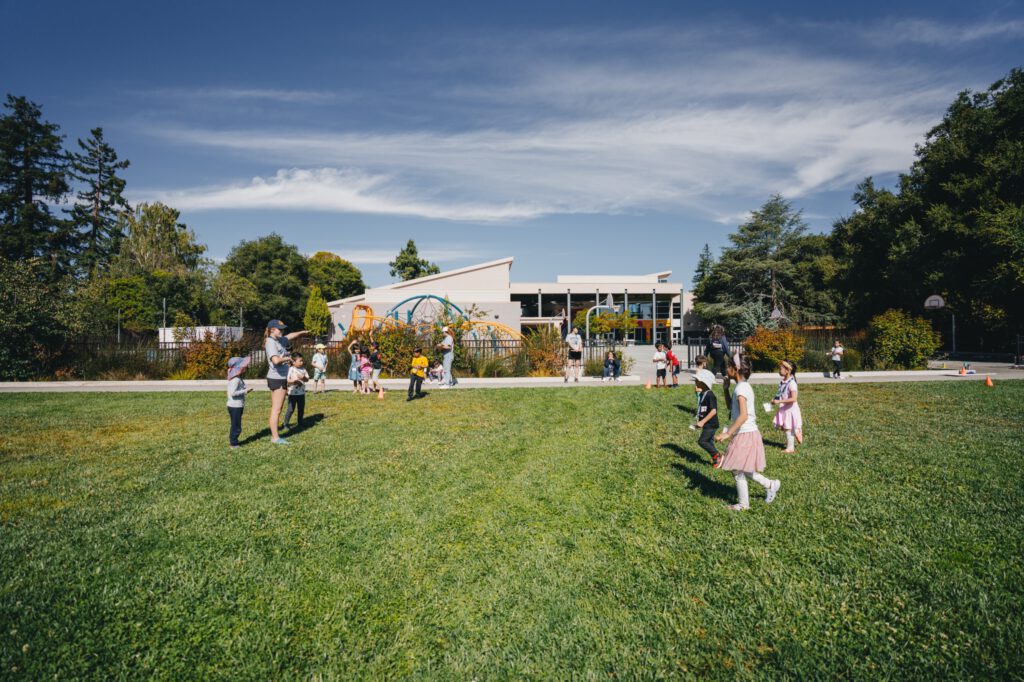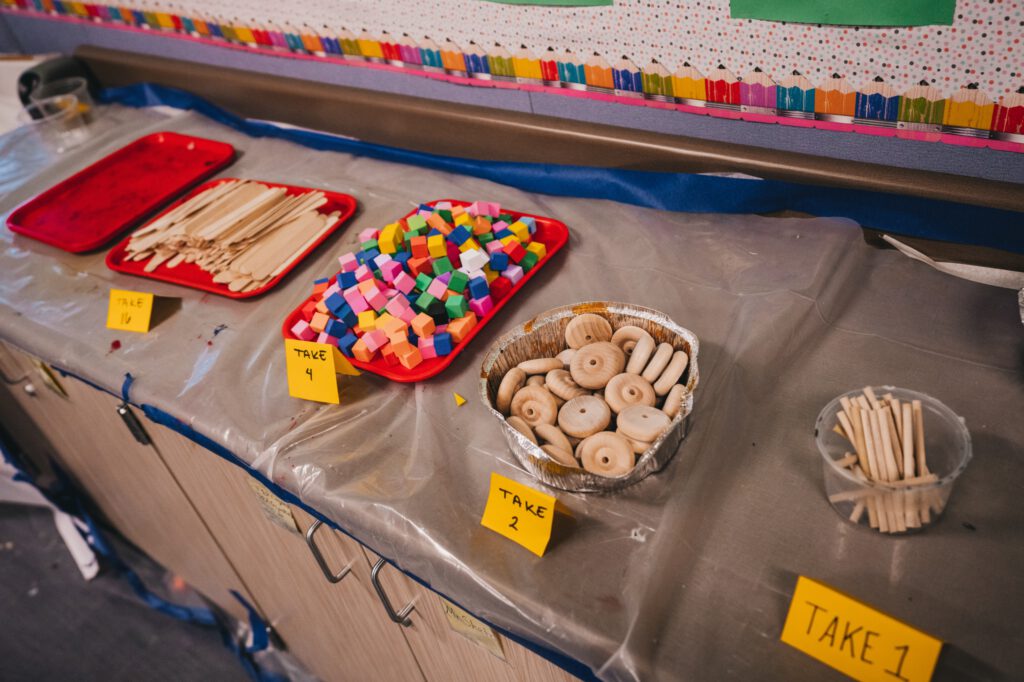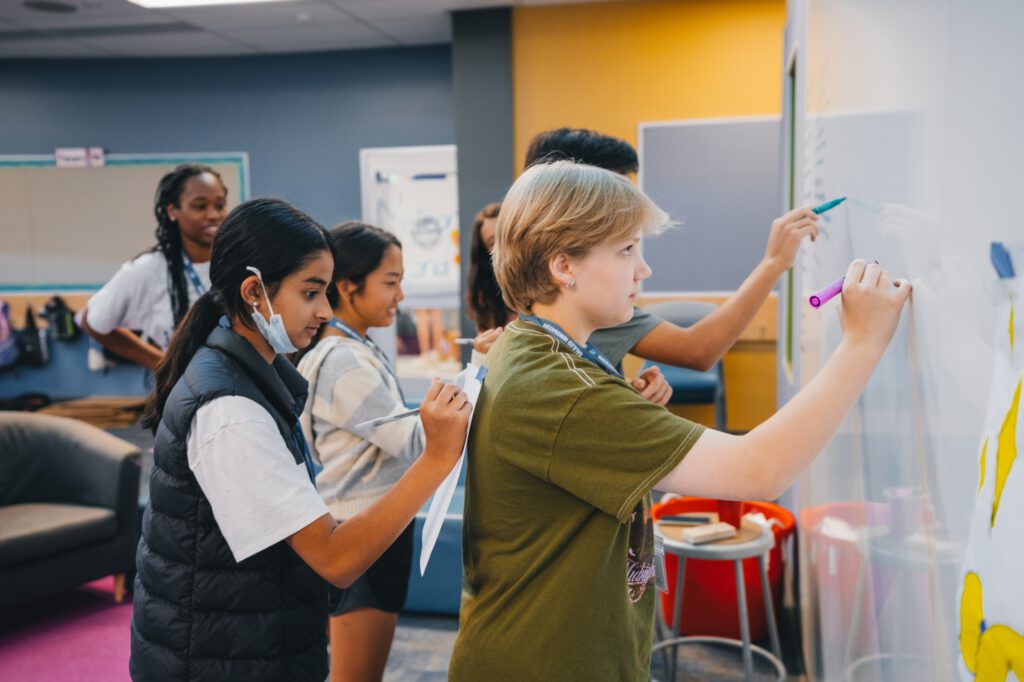Laissez-faire, helicopter parent, tiger mother: these descriptive names for parenting styles have caught our attention in recent years. Laissez-faire implies a more “hands-off” parenting style that is particularly permissive. Helicopter parents are those who whirl around their kids in an overprotective manner, while tiger mothers are strict and demanding of their kids. Some of these nicknames describe extreme or controversial philosophies that guide parents as they raise their children, while others are pretty mainstream. Two recent additions to the list provide food for thought. They have emerged from the book The Gardener and The Carpenter by learning and development specialist Alison Gopnik. In the book, she explains two opposing parenting styles and explains why one is better for kids. Its principles address parenting styles that may influence summer learning and the back-to-school transition.
The Carpenter vs. the Gardener
Gopnik differentiates between the carpenter who measures, cuts and builds things and the gardener who tends, feeds and grows plants. The characteristics of the different parenting styles can be summed up as follows:
- The Carpenter: the carpenter parent decides what kind of life they want for their child and how they should be educated, then spends their parenting years using their most powerful tools to shape them. Those tools might include parenting books and manuals and the “best” schools; involving kids in pursuits like sports, musical instruments and academics that garner societal acclaim. Kids have little autonomy and aren’t allowed to take many risks. Life is competitive and stressful; carpenters are outcomes-oriented and work with inanimate objects that don’t push back.
- The Gardener: the gardener parent believes that kids are unique individuals who will grow up to be different than their parents and siblings. Characterized by flexibility and dynamism, they provide a safe and fertile environment in which kids can play, explore and create. Education need not focus upon knowledge that can be quickly obtained via the internet; instead it should emphasize critical thinking, problem solving and creativity. These skills will help kids deal with whatever comes their way in life. Innovation is encouraged, and risk-taking is supported. Gardeners care for and support their kids’ interests, waiting patiently to see their live subjects bloom.
Planting a Summer Vacation Garden
Gopnik believes the result of “overparenting” is kids who are fearful and reluctant to take risks or share ideas. Though they may be successful by societal standards, they may not be well-adjusted. While many parents feel like carpenters during the school year, some are willing to give up that outcome-based approach when school ends and try a summer parenting style. The longer days and sunny weather set the perfect conditions for gardening, and this seasonal change can have great potential for their kids.
How Summer Learning Can Support the Gardener Parent
An engaging, kid-focused summer camp can be a powerful supplemental learning opportunity for kids. This suits the gardener parent, who gently nurtures their kids while empowering them to develop and strengthen personal attributes. But even carpenter parents can make room in their master plan for experiences that bolster kids’ confidence and give them useful skills. An innovation camp that capitalizes on kids’ curiosity while helping them develop their creativity and problem-solving skills is a powerful addition to any summer. Through active play and realistic projects, kids can follow their interests and take charge of the solutions, which helps them to be dynamic and independent. In a program designed to scaffold risk-taking, kids can spread their wings and try new things. They can make mistakes, learn to rebound and try again; they can experience success.
Each generation is different than the one before it. 21st-century kids are born into a world with different conditions and needs, and parents do their best to prepare kids for the demands. A summer camp like Camp Galileo for kids entering pre-k through 5th grade and Galileo Summer Quest for 4th through 8th graders can provide experiences that support the gardener parent’s desire to maximize kids’ unique potential. Through immersion in project-based learning, they build both autonomy and collaborative skills. Giving kids this type of adventure during the summer can help ease the transition back to school, where their newly acquired confidence will help them thrive. Camp gives kids the chance to play, learn and grow, allowing positive self-image and a comfort with risk-taking to take root. With all of this potential, summer is a great opportunity for parents to try out their gardening skills.
To find fertile soil for your summer gardening, check out an exceptional summer camp in your area: San Francisco, Southern California, and Chicagoland. Sign up for our mailing list to keep up-to-date on our camp happenings and innovation resources. Or, you can register for camp today.



